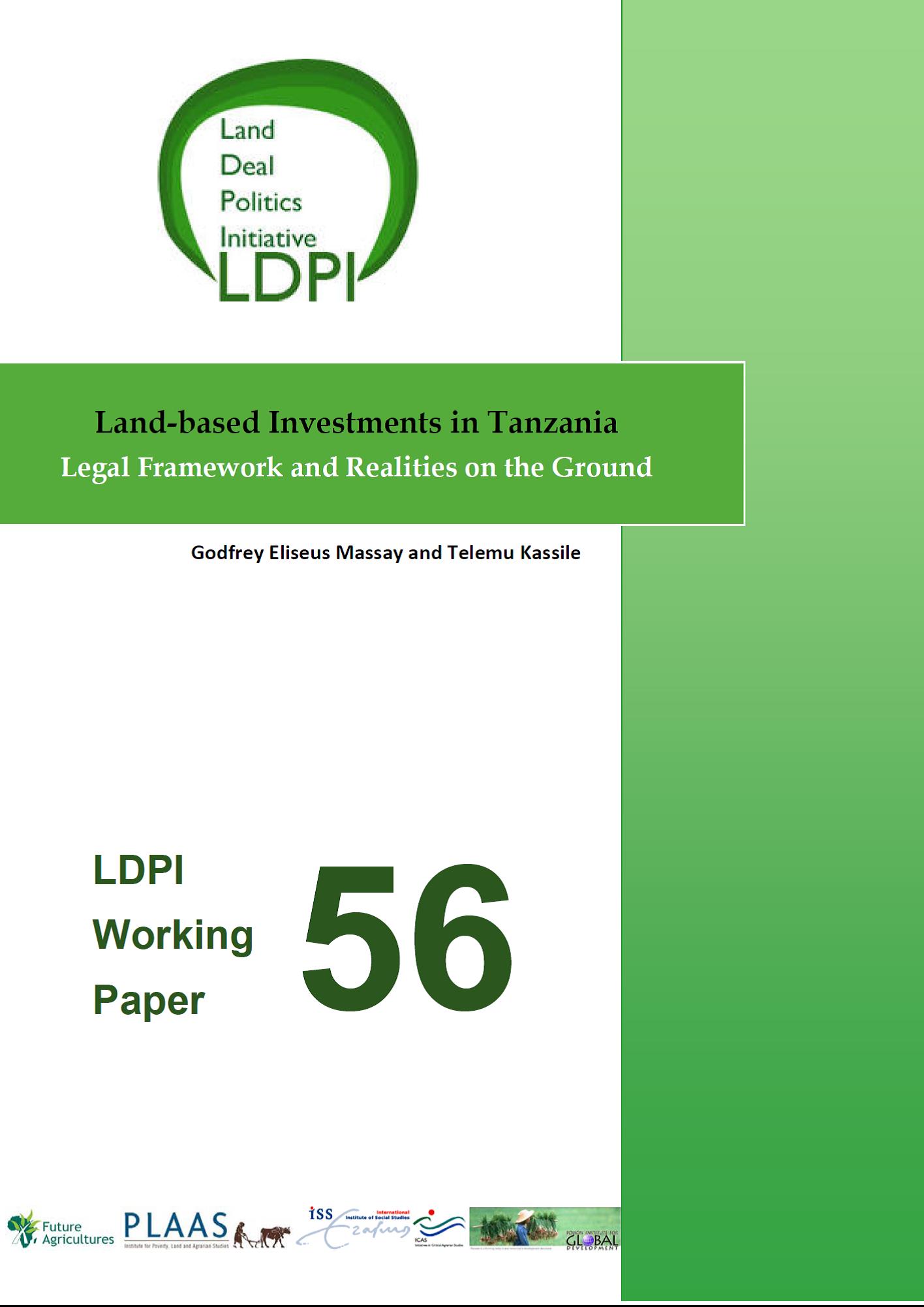Resource information
Beginning in the mid-1970s through to the 1980s, Tanzania experienced a severe socio-economic crisis. In an attempt to turn things around the abating economy and accelerate economic growth, the government embarked on a broad range of radical policy, legislation, and institution reforms, which opened doors for foreign direct investments (FDIs) and further initiatives have been taken to create an enabling environment for investments to flourish in the country. This paper provides highlights and an analysis of the legal framework governing investment in Tanzania, discusses the context of investment within the existing legal framework, provides an overview of land acquisition procedures, and gives analysis of some land deals. The findings show that mixed procedures, some of which are not guided by laws, are currently used to acquire land for investment in Tanzania. Moreover, no clear definition of what public interest insinuates is given either in the constitution or in the land laws. Information asymmetry is a critical problem in land deals in Tanzania. Land acquisition and compensation practices are currently poor and have serious flaws in the way community consultations are carried out, including political interference, lack of transparency, lack of affected parties’ (individuals and local communities) awareness of the process, and lack of productive engagement between investors and local communities. Poverty and illiteracy of the local community has been used to the advantage of the local elites, politicians, and investors in negotiating land deals.


